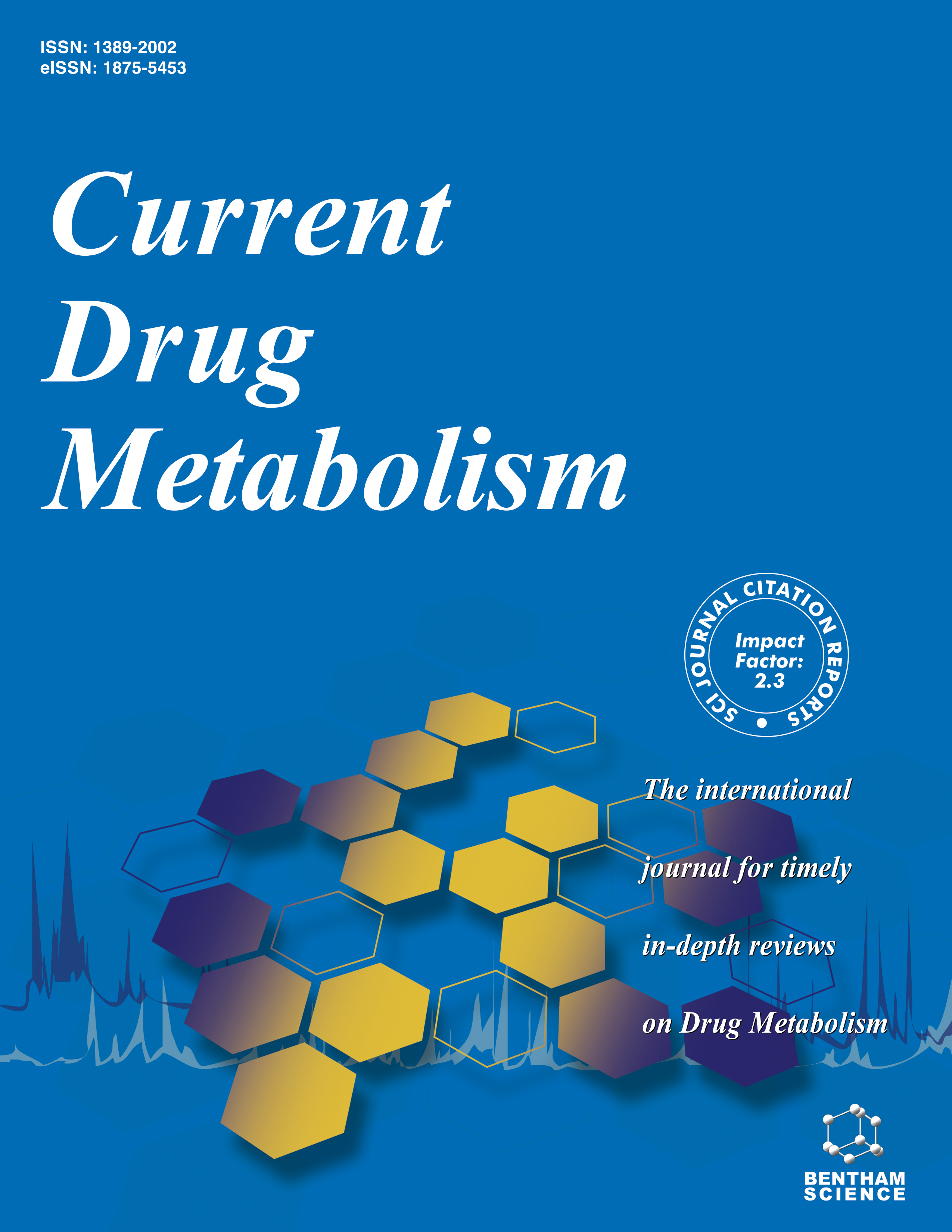
Full text loading...
Cariprazine (CPZ) is a third-generation antipsychotic medication that has been approved for treating schizophrenia. This study aimed to develop a cariprazine-loaded nanostructured lipid carrier (CPZ-NLCs) to prevent first-pass metabolism and improve bioavailability and site-specific delivery from nose to the brain.
The CPZ-NLCs were prepared using melt emulsification. The formulation was optimized using the Box–Behnken design (BBD); where the influence of independent variables on critical quality attributes, such as particle size and entrapment efficiency was studied.
The optimized batch (F6) had a particle size of 173.3 ± 0.6 nm and an entrapment efficiency of 96.1 ± 0.57%, respectively. The in vitro release showed >96% release of CPZ from NLC within 30 min. The optimized formulation's ex vivo studies revealed significantly increased CPZ permeability (>75%) in sheep nasal mucosa compared to the CPZ suspension (~26%). The ciliotoxicity study of the nasal mucosa revealed that the CPZ-NLC formulation did not affect the nasal epithelium. The intranasal administration of the formulation achieved 76.14±6.23 µg/ml concentration in the brain which was significantly higher than the oral CPZ suspension administration (30.46±7.24 µg/ml). The developed formulation was stable for 3 months.
The study concluded that the developed CPZ-NLC could significantly improve the bioavailability with quick delivery to the brain.

Article metrics loading...

Full text loading...
References


Data & Media loading...

